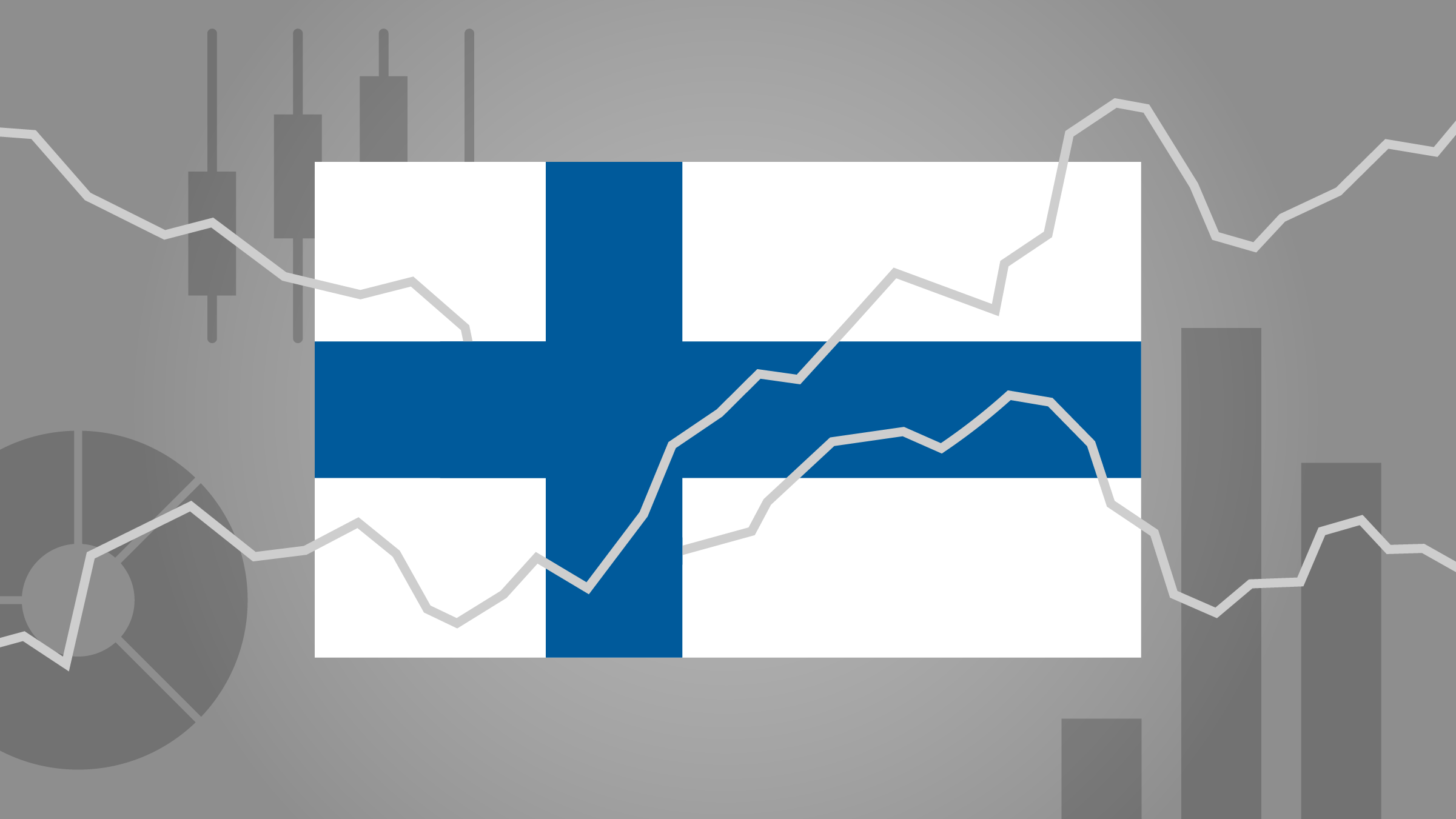Oppenheimerin Developing Markets on yhdysvaltalainen sijoitusrahasto, jolla on Morningstarin analyytikoilta toiseksi korkein Silver-arvosana ja lisäksi viisi Morningstar-tähteä.
Karin Anderson: Hi, I'm Karin Anderson, a senior analyst with Morningstar. I'm at the 2014 Morningstar Investment Conference with Justin Leverenz, the portfolio manager of Oppenheimer Developing Markets.
Hi, Justin, how are you today?
Justin Leverenz: Good morning, Karin.
Anderson: Thanks for being here.
Leverenz: Thank you for having me.
Anderson: No problem. Emerging markets are recovering a little bit after the 2013 sell-off. As a stock investor in this space, what risks are top-of-mind for you right now?
Leverenz: Karin, I'm actually very bullish on emerging markets now for a number of reasons. Why have we seen such significant relative underperformance in the emerging markets? I think there are really two or three things.
The first is what I consider misnomers about China, that China is going to have something like a hard landing or a financial crisis, and I think this is completely inappropriate.
Alongside that, the second is commodity prices have been extraordinarily weak, and this has been reflected in commodity currencies and commodity equities.
And the third, which I think is the largest misnomer and has developed really in the last year, is associated with this idea about global liquidity ebbing, in which case many emerging markets are fragile. Somebody coined this idea of the Fragile Five, and I think it's complete misnomer. The world has structurally changed.
So, the way I think about emerging markets is we've gone through a major cyclical deceleration in the last two years. We're going to start to see a recovery in the large economies: India, Brazil, and Mexico. Second, I think China is unbelievably durable and will be the greatest growth story for the next decade just as it has been for the last. And third, now we've got some appropriate prices. So, I think it's a good backdrop for emerging-market equities.
Anderson: Where were you finding some of the best bargains in 2013?
Leverenz: In 2013 or in 2014?
Anderson: Last year or even this year.
Leverenz: I think the most interesting theme at the moment is everything associated with the great concern about China. And those have many different facets.
What we've seen, of course, is that China has been this unbelievable growth story for the last decade, but equities have been probably the worst major bourse in the world. And selectively, we're now starting to see some opportunities emerge alongside this because the pessimism is far too great, and there are some really extraordinary companies, which is really what we're focused on.
The second issue in terms of China is opportunities for extraordinary global businesses that have a large part of their franchise in China. As you know, I typically have about 10% of my fund in developed-markets companies that domiciled in developed markets, but have their principal growth engines or principal assets and earnings and cash flow associated with the developing world, largely China in many cases.
Companies like Pernod or Prada have some really extraordinary prices associated with, again, concerns about the Chinese durability of the economy. Actually there are more recent concerns about anti-austerity measures which have taken away part of the gifting market in that segment. But these are incredibly durable businesses with relatively low penetration. And I think one of the great themes in the world is not the emerging-markets middle class, but the Chinese middle class, and part of that's associated with tourism and increased leisure and spending.
So, I think all things related to pessimism about China really is maybe the most interesting near-term theme we're looking at, or subtheme.
Anderson: One more question for you. Russian stocks have come under pressure lately, and you own a few. Why have you been adding to those recently? And you mentioned that, I believe, in a recent commentary. Is there a trait that these stocks share that makes you particularly comfortable with them right now?
Leverenz: What I do is I don't get bothered about countries. I'm really interested in extraordinary companies. And extraordinary companies, as we've shared a couple of times before, are usually relatively well-priced because they are extraordinary, and they're rare, like everything extraordinary.
So, we can only acquire or buy significant stakes in these kind of companies when we want to have a certain return structure in an environment of controversy. And as you know, there's been a bit of controversy about Russia in the last few months, what I call an Obama crisis, what other people call a Russian crisis, and that's a long discussion, probably politically charged as you heard.
But really, what has resulted from this is significant pressure on Russian equities and the ruble. And I'm not a fan of Russia in a macro context. It's not a country that I think is going to have breakout growth or a massive recovery in terms of underlying growth. But there are a handful of companies, which we're already actually large shareholders of, that are extraordinary in any global capacity.
So, the three companies that I have put more capital to work in are actually three of my top five holdings now. In order of descendancy, they would Novatek, Magnit, and Yandex. Is there a common theme? There is no common theme. One is an oil and gas producer, one is a food retailer, and the third is the Internet search giant. But the critical ingredients are everything we're looking for in terms of economic characteristics of long-term winners, which are, long-tail durable growth, massive advantage, and now, of course, because of the Russia crisis, or the Obama crisis, we have appropriate prices.
Anderson: Great. Justin, thanks for sharing these insights.
Leverenz: It's wonderful to see you. Thank you so much.
Anderson: Thank you.





















